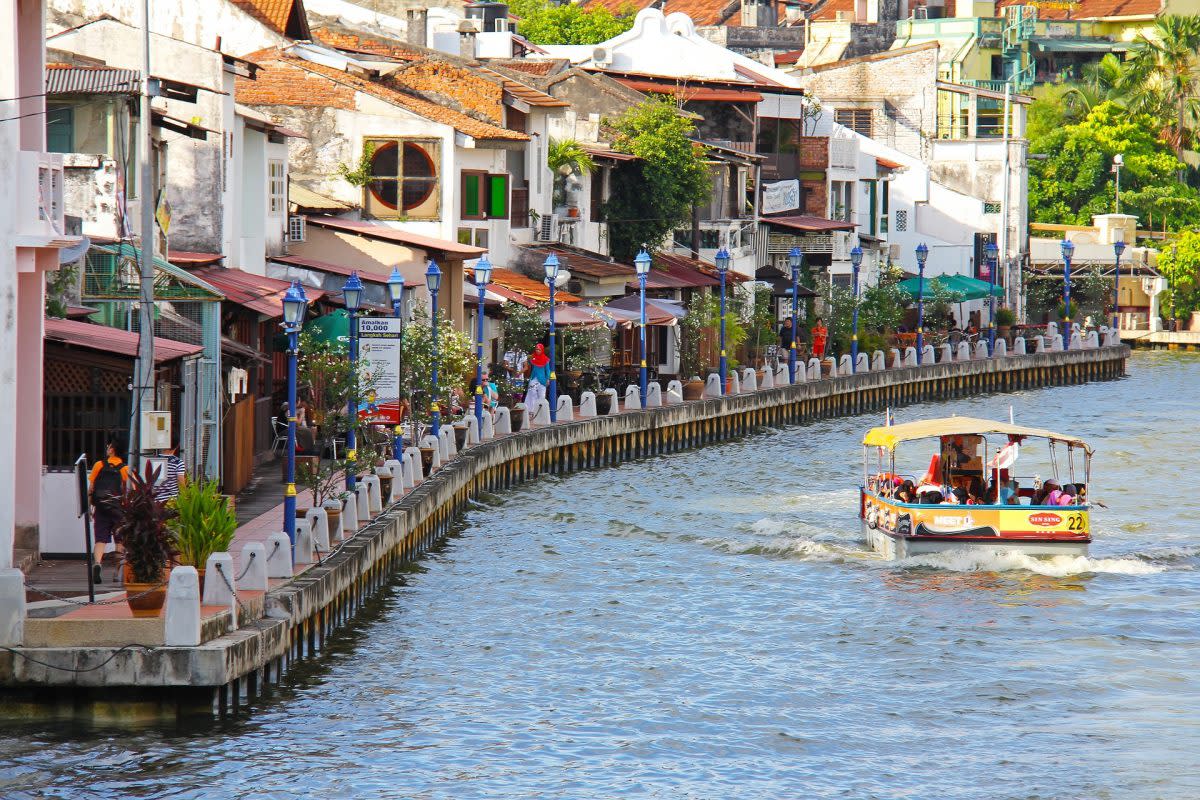Malaysia must ensure no segment of society is marginalised if it adopts carbon tax

Malaysia is contemplating the adoption of a carbon tax scheme to fulfil its commitment to achieving net-zero carbon emissions by 2050. The core principle underlying this initiative is equity, ensuring that all carbon emitters are taxed proportionately.
However, the implications are multifaceted, revealing both promising prospects and formidable challenges.
For businesses, the implementation of a carbon tax presents a complex scenario. On one hand, it promises to catalyse environmental sustainability while generating additional revenue for public welfare. Yet, on the other hand, it introduces a significant hurdle, particularly for small, and medium enterprises (SMEs).
The cost of embracing eco-friendly practices may prove prohibitive for smaller players, potentially creating a market environment where only large, financially resilient companies can thrive. Such a shift could jeopardise the competitiveness of local businesses, raising concerns about constrained choices and inflated prices in the marketplace.
For everyday Malaysians, the carbon tax may exert a slight strain on household budgets. Essential commodities, from electricity to petrol, could become pricier. However, this also signals a collective push towards cleaner, more sustainable alternatives.
At the heart of this endeavour lies the imperative of an equitable transition. It necessitates acknowledging existing disparities and proactively addressing them. As Malaysia charts its course towards a greener future, it must ensure that no segment of society is marginalised or unfairly burdened, especially those with limited capacity to adapt.
To provide a clearer and more relatable context for the discussion of the carbon tax’s impact on various societal segments, lets consider the example of Pak Ali, a fictional character representative of a typical small business owner in Malaysia. Pak Ali operates a modest kedai runcit (grocery store) in a suburban area of Kuala Lumpur. His business, like many small, and medium enterprises (SMEs) across the country, operates on tight margins and is sensitive to shifts in regulatory and economic climates. Pak Ali’s store serves as a crucial hub in his community, providing essential goods and a personal touch that larger supermarkets cannot match. However, the introduction of a carbon tax poses new challenges for him. With rising costs associated with energy consumption and potentially higher prices for goods, Pak Ali must navigate these financial pressures while striving to keep his prices affordable for his regular customers.
To confront these challenges head-on, targeted measures are imperative. The government could introduce rebates or subsidies tailored for lower-income households, easing the financial strain of transitioning to greener technologies. Imagine initiatives such as vouchers for energy-efficient appliances or subsidies for solar panel installations, empowering individuals like Pak Ali to embrace sustainable living without shouldering disproportionate costs.
Moreover, fostering accessible green solutions is paramount. Community-driven programmes offering easily accessible avenues for sustainable practices can have a transformative impact. Picture community solar projects, or communal green spaces equipped with energy-efficient public lighting, not only curbing carbon emissions but also ensuring that the benefits of clean energy are widely accessible.
Education and awareness serve as potent catalysts for change. By conducting community workshops and information sessions elucidating the advantages of energy efficiency and the repercussions of carbon emissions, individuals like Pak Ali can be empowered to embark on meaningful strides towards greener lifestyles.
Incentivising green transportation emerges as another pivotal strategy. Public transit systems, particularly for those unable to afford private vehicles, represent a lifeline. By investing in, and incentivising the use of eco-friendly public transportation options, Malaysia can substantially diminish its carbon footprint. Initiatives such as discounted green transport passes for low-income individuals can foster a transition towards sustainable mobility habits.
Support for SMEs is equally indispensable. Local enterprises, ranging from neighbourhood convenience stores to auto workshops, confront formidable hurdles in embracing sustainability. Providing them with access to green grants or loans for operational enhancements can bolster their competitiveness while aligning with national emissions reduction objectives.
To ensure that the transition to a greener economy is inclusive, targeted measures such as rebates, subsidies or tax credits for low-income families are therefore crucial. Investing in public services that offset the impact of the carbon tax, such as affordable public transportation and energy-efficient housing, will also be key.
The carbon tax represents a critical step in Malaysia’s journey towards sustainability. It is a complex initiative, with potential benefits and challenges. As we navigate this path, the focus must remain on ensuring a just transition for all, balancing environmental objectives with economic and social fairness.
Together, we can embrace a future where clean air and a healthy environment are legacies we leave behind for future generations.
Syed Iskandar Zulkarnain is a Postgraduate Student at the Arshad Ayub Graduate Business School, Universiti Teknologi MARA while Dr Ezlika Mohd Ghazali is an Associate Professor at the Faculty of Business and Economics, Universiti Malaya.
The post Malaysia must ensure no segment of society is marginalised if it adopts carbon tax appeared first on Twentytwo13.


